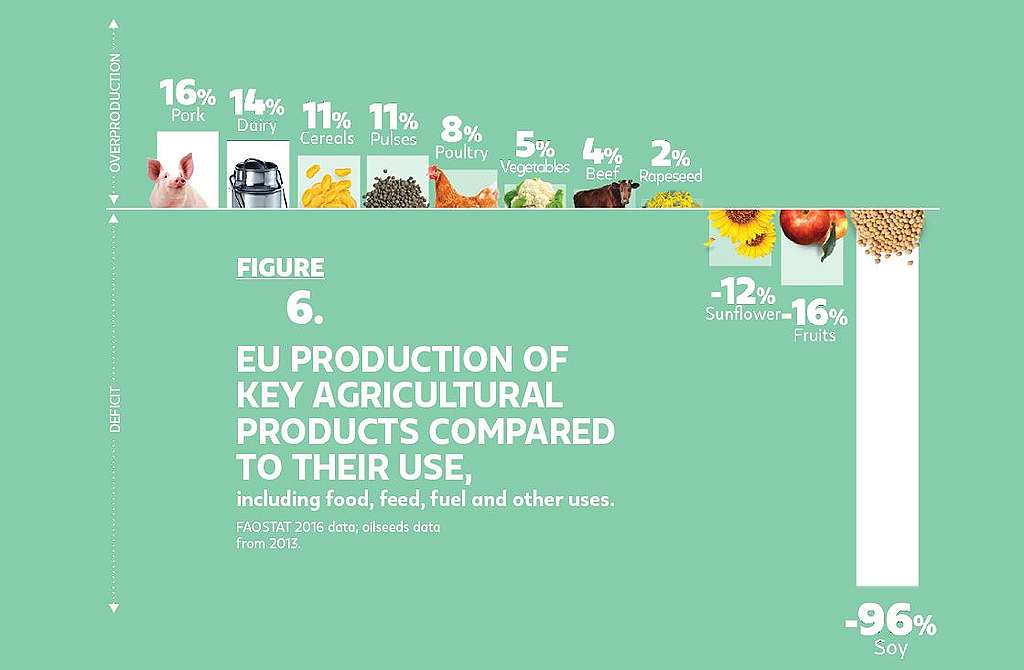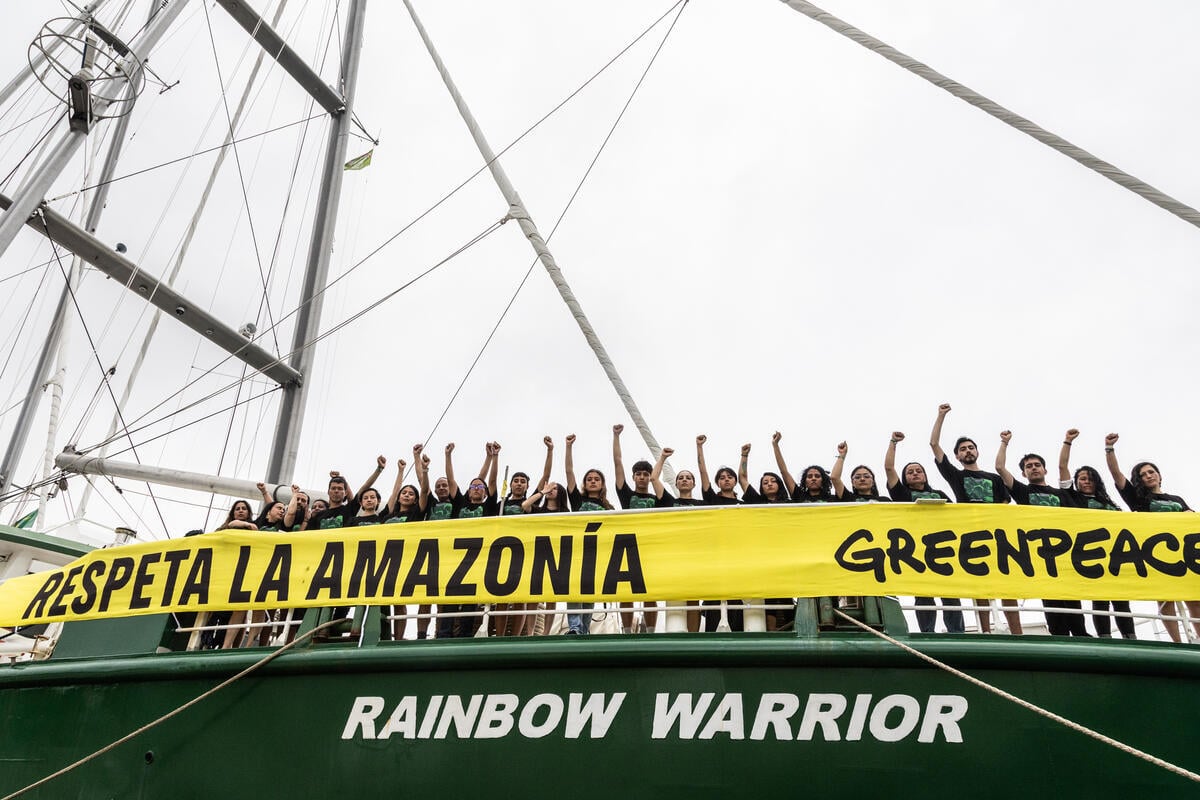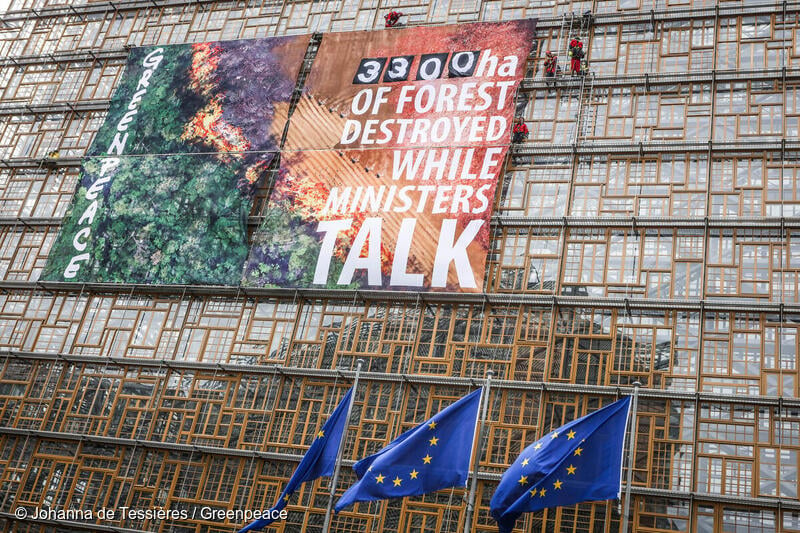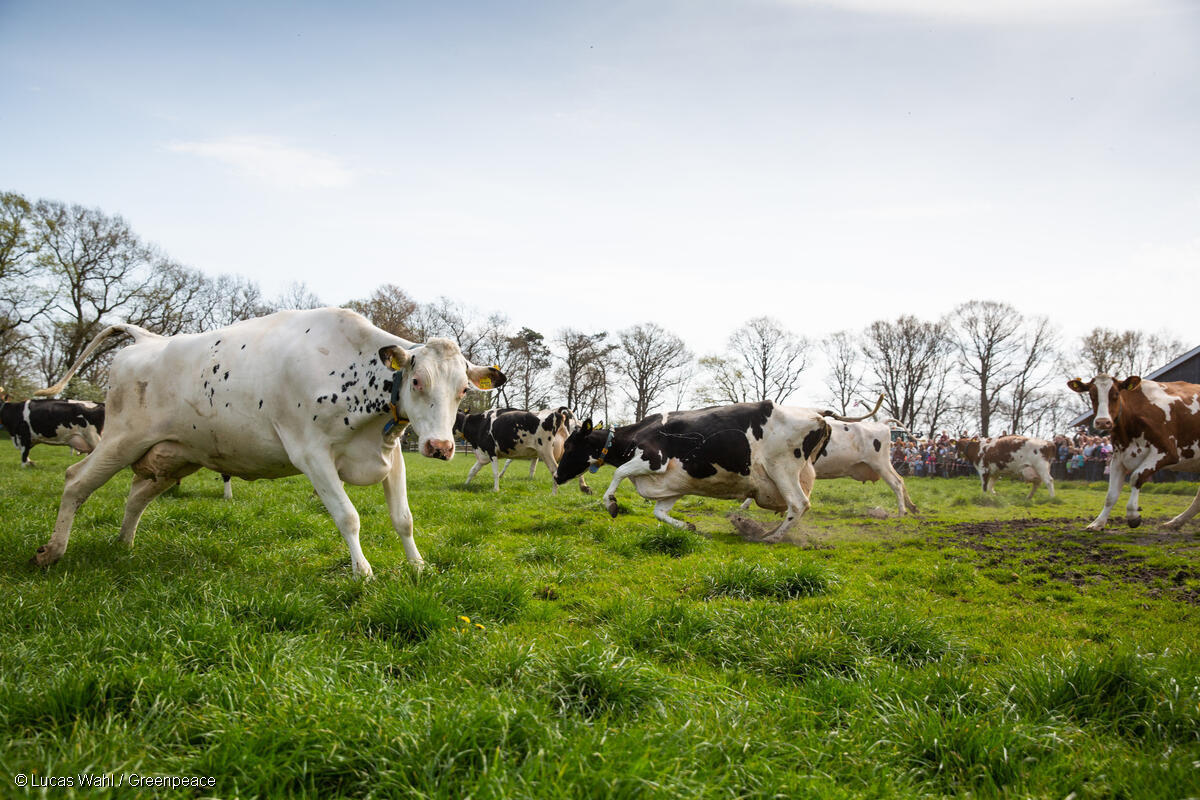Why European food systems lack resilience
Through the Covid-19 pandemic, every one of us has experienced the vulnerability of the globalised food system, dependent on long global supply chains and migrant labour. Disrupted supply chains mean long lines at supermarkets, food hoarding, culling of farm animals, job losses, and rising food insecurity.

Why does this happen? Despite the fact that food is a fundamental human right, global markets dominated by a small number of large corporations determine what sort of food is produced, where and how it is made, and the ways it is distributed. Major power imbalances between small-scale farmers and consumers on the one hand, and the big agri-businesses and food companies on the other, mean that large invest ments in land, agriculture and food processing often marginalise or displace smallscale producers.
When people eat, they are also subject to the decisions of corporations. Corporate control means that food is distributed on the basis of what makes the most profit, not with the intention of ensuring everyone a healthy, balanced diet. The notion that ‘profitable’ is the same as ‘efficient’ means that food that can easily be grown in European fields, like apples, is flown in from halfway around the globe. Forests, like the Amazon, and other ecosystems are cleared to make way for meat production, as well as soy and palm oil which are used to feed cows, pigs and chickens in European factory farms or to fuel the cars we drive.
The absurdity of this system is becoming impossible to ignore. Covid-19 is not an isolated incident, but only the latest of a long string of animal-borne diseases (termed ‘zoonotic diseases’), like SARS, H1N1 (swine flu), Avian Flu, and Ebola. These viruses have been incubated by humans destroying nature, often linked to our growing consumption of ‘cheap’ meat and dairy, and turbo charged by ever-increasing reliance on global trade and the intensification of factory farm production.
The good news is that it doesn’t have to be this way. The global Covid-19 crisis has given us the opportunity to rethink how and where we produce what we consume. The free trade mantra of ‘the more we trade, the better’ does not hold true. We can eat delicious and nutritious food, produced in a way that does not trash our world, if we build a better, greener and fairer food system based on food sovereignty and the re-localisation of our food systems.



